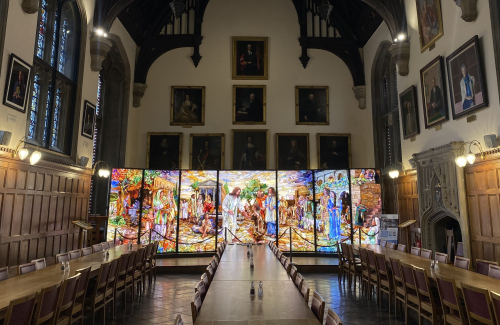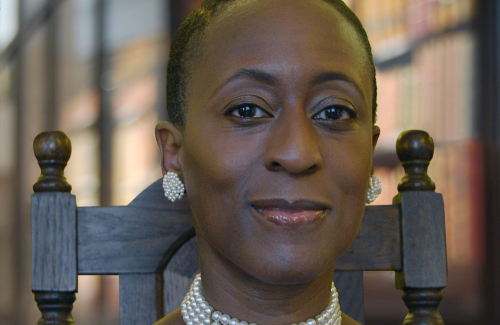More Pembroke news
BBC World Service Interview Dr Elisabeth Kendall about Islamic Poetry and Jihadist Narratives
NEWS |
Dr Elisabeth Kendall, Pembroke Senior Research Fellow in Arabic, was interviewed by BBC World Service for Newshour on 22nd November. In this short, fascinating dialogue (starting 38 minutes in) Dr Kendall gives listeners some insight into her research over the last five years in Yemen around Jihadist narratives and poetry. The conversation is largely focused on the role of poetry in militant Jihadist propaganda.
As part of her research Dr Kendall looked at all the poetry published in Al-Qaeda’s major magazine in the Arabian Peninsula across a four year period and identified that about half stemmed from the classical Arab poetic tradition and furthermore that 10% was from the pre-Islamic world. ‘The tribal traditions and honour codes of pre-Islamic poetry actually resonate very strongly with today’s militant jihadist movements’, says Kendall.
‘Poetry, of course, is part of an oral tradition and so it’s actually incredibly instrumental in spreading ideas in areas that are remote… it’s very catchy, it’s memorable, it jumps check points, it’s cheap to produce and it doesn’t disappear. So for example, while webpages might be taken down and twitter feeds come down, poetry continues. It’s in the collective memory.’
Discussing so-called Islamic State’s use of poetry, Kendall points out a common oversight:
‘What we tend to look at is the propaganda it produces that is designed to get our attention. So we often miss, with all of these militant Islamist groups, the fact that the way they operate in country, in Arabic, is quite different.’
To keep up to date with Dr Kendall’s research developments, follow her on Twitter.

